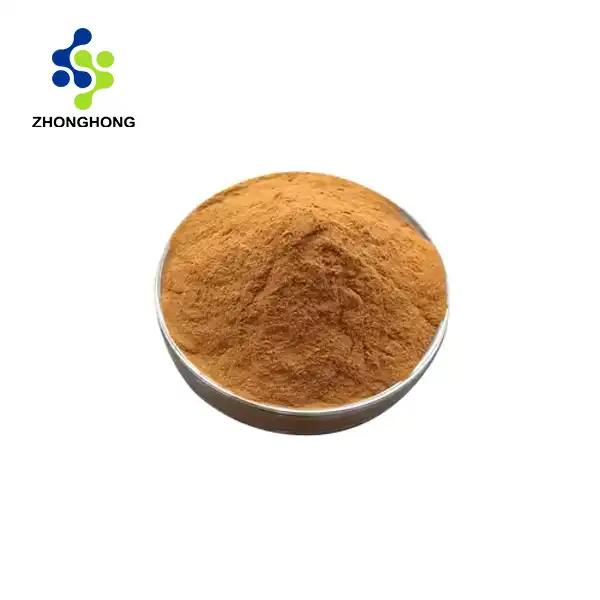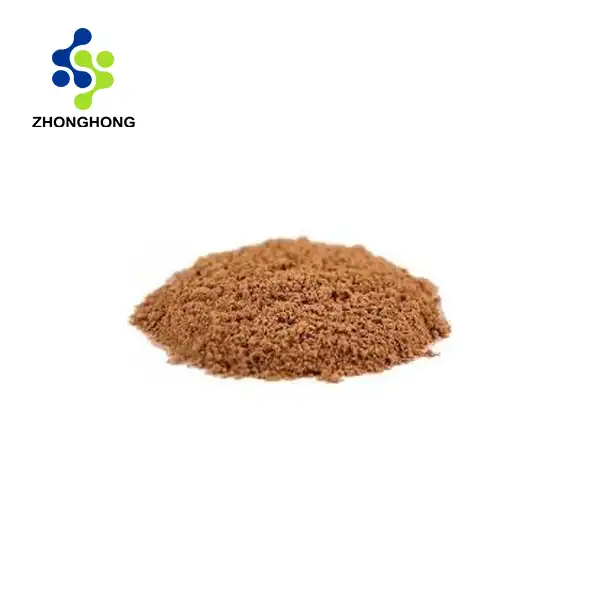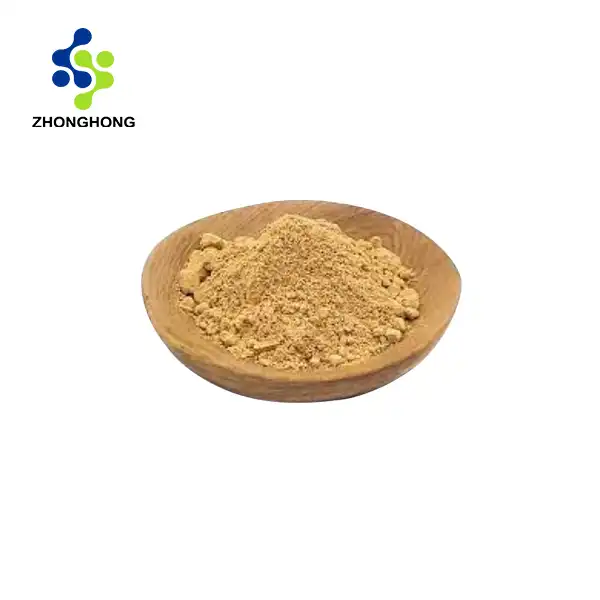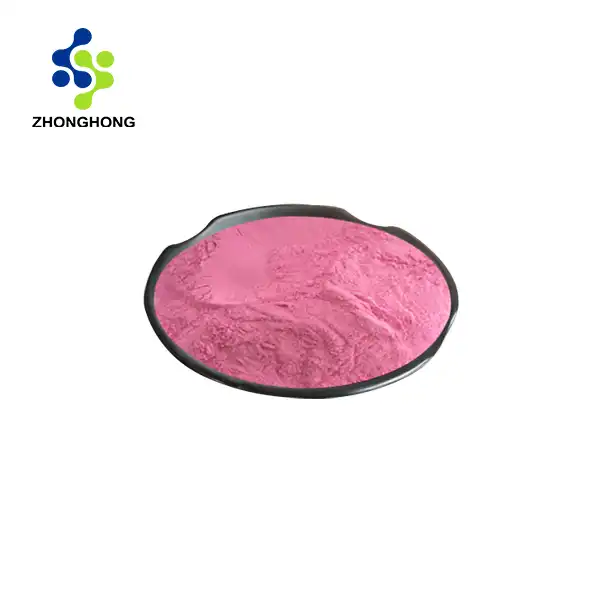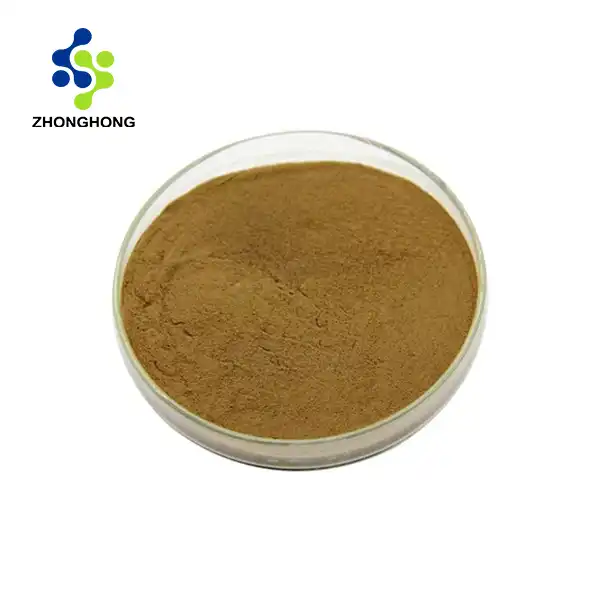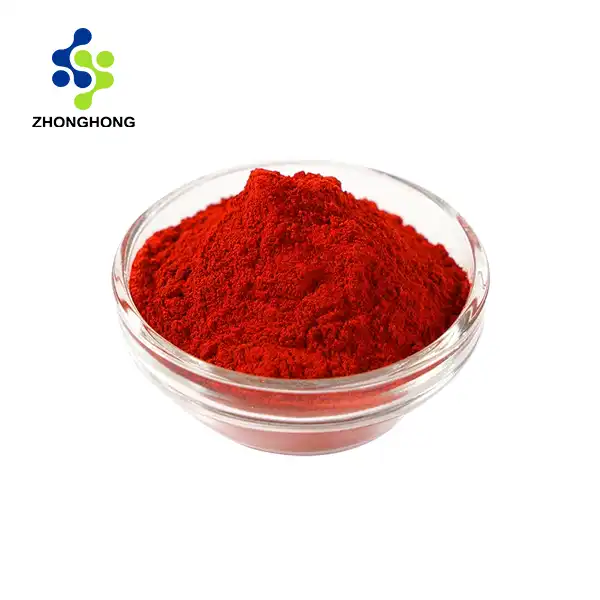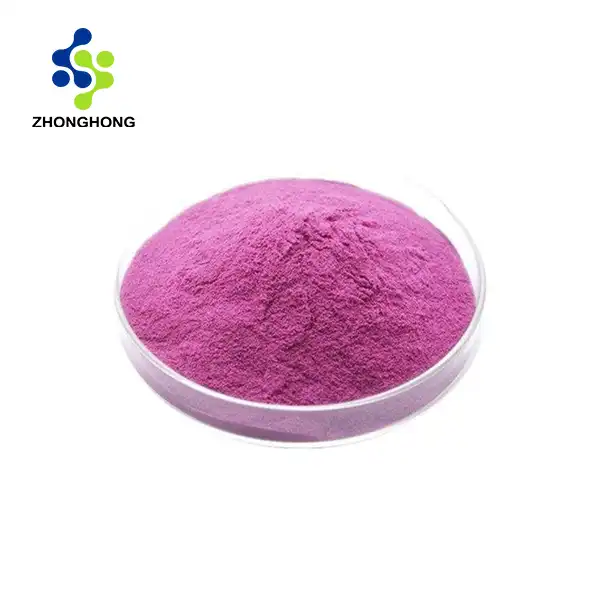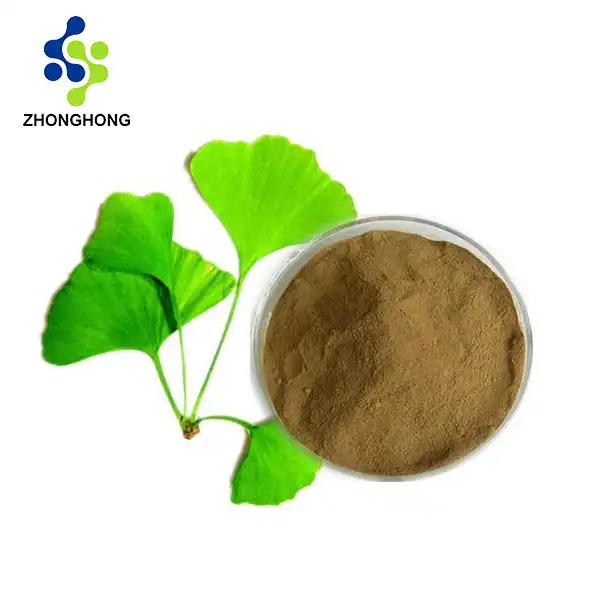What Makes Collagen Peptides Unique?
The Science Behind Collagen Peptides
Collagen peptides are derived from full-length collagen molecules through a process called hydrolysis. This process breaks down the large collagen proteins into smaller, more easily digestible fragments. The resulting peptides have a lower molecular weight, typically ranging from 2,000 to 5,000 Daltons, compared to intact collagen molecules which can be up to 300,000 Daltons. The reduced size of collagen peptides is what sets them apart from regular collagen. These smaller molecules can be more readily absorbed by the body, potentially leading to improved bioavailability. When ingested, collagen peptides are thought to stimulate the body's own collagen production, a process known as collagen synthesis.
Enhanced Absorption and Bioavailability
One of the most significant advantages of collagen peptides is their enhanced absorption rate. Due to their smaller size, these peptides can pass through the intestinal barrier more easily than intact collagen molecules. This improved absorption means that a higher percentage of the ingested peptides can be utilized by the body. Studies have shown that collagen peptides can be detected in the bloodstream within hours of ingestion, indicating their rapid absorption. This increased bioavailability may translate to more noticeable benefits for skin, joints, and other collagen-rich tissues in the body.
Versatility in Application
Another unique aspect of collagen peptides is their versatility in application. Unlike whole collagen, which often forms a gel-like substance when mixed with liquids, collagen peptides dissolve easily in both hot and cold liquids. This property makes them incredibly convenient to use in a variety of ways. Collagen peptides can be seamlessly incorporated into your daily routine. They can be added to your morning coffee, blended into smoothies, mixed into baked goods, or even stirred into soups and sauces without altering the taste or texture significantly. This ease of use makes collagen peptides a popular choice for those looking to supplement their diet with additional protein and potential collagen-boosting benefits.
Should You Choose Collagen or Collagen Peptides?
Considering Your Health Goals
When deciding between collagen and collagen peptides, it's essential to consider your specific health goals. If you're primarily focused on improving skin elasticity, reducing the appearance of wrinkles, or supporting joint health, collagen peptides might be the more effective choice. Their enhanced bioavailability means they're more likely to be absorbed and utilized by the body for these purposes. On the other hand, if you're looking for a more general protein supplement or are interested in the potential gut health benefits associated with collagen, regular collagen supplements might suffice. Whole collagen can still provide valuable amino acids and may contribute to overall protein intake, even if it's not as readily absorbed as collagen peptides.
Digestibility and Sensitivity
For individuals with sensitive digestive systems, collagen peptides may be the better option. The hydrolysis process that creates these peptides breaks down the collagen into smaller, more easily digestible fragments. This can make collagen peptides gentler on the stomach and potentially reduce the likelihood of digestive discomfort. However, it's worth noting that both collagen and collagen peptides are generally well-tolerated by most people. If you have specific digestive concerns or food sensitivities, it may be helpful to consult with a healthcare professional before adding either supplement to your routine.
Taste and Convenience Factors
The taste and convenience of use can also play a role in choosing between collagen and collagen peptides. Collagen peptides are often praised for their neutral taste and ability to dissolve easily in liquids. This makes them incredibly versatile and easy to incorporate into a variety of foods and beverages without significantly altering the flavor or texture. Regular collagen supplements, particularly those derived from bone broth or marine sources, may have a more noticeable taste. They also tend to form a gel-like consistency when mixed with liquids, which some people find less palatable. If taste and texture are important factors for you, collagen peptides might be the more appealing option.
Benefits of Hydrolyzed Collagen Peptides
Skin Health and Anti-Aging Effects
One of the most sought-after benefits of hydrolyzed collagen peptides is their potential to improve skin health and reduce signs of aging. Several studies have shown that regular consumption of collagen peptides can increase skin hydration, improve elasticity, and reduce the appearance of wrinkles. The mechanism behind these benefits is thought to be twofold. First, the peptides provide the body with the building blocks needed to produce new collagen. Second, they may stimulate the body's own collagen-producing cells, known as fibroblasts, to increase their activity. This dual action can lead to improvements in skin texture, firmness, and overall appearance.
Joint Health and Mobility
Another significant benefit of hydrolyzed collagen peptides is their potential to support joint health and improve mobility. Collagen is a major component of cartilage, the tissue that cushions our joints. As we age, our natural collagen production decreases, which can lead to joint pain and stiffness. Supplementing with collagen peptides may help to maintain the integrity of cartilage and reduce joint pain. Some studies have shown that athletes and individuals with osteoarthritis experienced reduced joint pain and improved mobility after regular consumption of collagen peptides. While more research is needed, these findings suggest that collagen peptides could be a valuable supplement for maintaining healthy joints and supporting an active lifestyle.
Muscle Mass and Recovery
Hydrolyzed collagen peptides are also gaining attention for their potential benefits in muscle health and recovery. Collagen is a significant component of muscle tissue, and some research suggests that supplementing with collagen peptides could support muscle mass and strength, particularly when combined with resistance training. Moreover, collagen peptides contain high levels of specific amino acids like glycine, proline, and arginine, which play crucial roles in muscle recovery and repair. This makes collagen peptides a potentially valuable supplement for athletes and fitness enthusiasts looking to support their training and recovery.
Conclusion
In the debate between collagen and collagen peptides, both have their merits. However, the unique properties of collagen peptides - their enhanced bioavailability, ease of use, and potential for targeted benefits - make them a compelling choice for many. As with any supplement, individual results may vary, and it's always wise to consult with a healthcare professional before starting a new regimen. If you want to get more information about this product, you can contact us at liaodaohai@gmail.com.
_1728976869676.webp)
